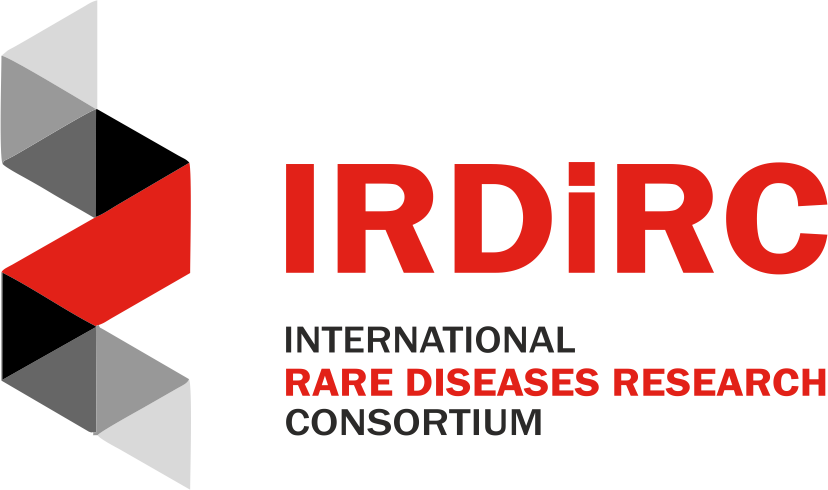Introduction
Technological advances in the areas of metabolomics, large scale genomic sequencing, and machine learning algorithms are being combined in research settings to increase the diagnostic yield in rare diseases. When combined with a rapid technological pace of change, it is likely that the widespread adoption of combined metabolomics and genomic technologies will be relatively slow, due to high costs and the lack of a standardized diagnostic framework. However, as has been demonstrated with the clinical adoption of whole exome sequencing, it is possible to move new technologies into mainstream diagnostic laboratories once the benefits have been clearly proven in the research setting.
Objectives
The New Tech Task Force aims to (1) to identify new technologies in development or in experimental use which are likely to increase the diagnostic rate for patients with rare diseases, (2) identify opportunities to enable the safe, widespread clinical adoption of the most elective technologies in a meaningful timeline, and (3) develop a clinical framework/guideline for implementation of the combined diagnostic approach of metabolomics/genomic/AI.
Plans and Timeline
- Develop the scope of the challenge and state-of-play document (Q1 2022)
- Develop an asset map; identification of the international research teams working on this challenge (Q1 2022)
- Identify a targeted workshop that addresses an area(s) of priority (Q2 2022)
- Development objectives and outcomes for a workshop focused on a specific challenge(s) to be held in (Q3 2022)
- Disseminate workshop outcomes (Q4 2022)
Members (16)
- Anaïs Baudot – Marseille Medical Genetics, France
- Gareth Baynam (Vice Chair) – Western Australia Department of Health, Australia
- Patricia Durao – CATS Foundation, UK
- Tudor Groza – European Bioinformatics Institute, UK
- Judith Jans – Utrecht UMC, Netherlands
- Kosaki Kenjiro – Keio University, Japan
- Timo Lassmann – Telethon Kids, Australia
- Stephen Montgomery – Stanford University School of Medicine, USA
- Anne O’Donnell-Luria (Co-Chair) – Broad Institute, USA
- Peter Robinson – The Jackson Laboratory, USA
- Bekim Sadikovic (Co-Chair) – London Health Sciences Centre, Canada
- Stefaan Sansen – Sanofi-Genzyme, Belgium
- Ruty Shai – Sheba Medical Centre, Israel
- Charles Steward – Genomics England, UK
- Clara van Karnebeek (Co-Chair) – Amsterdam UMC, Netherlands

